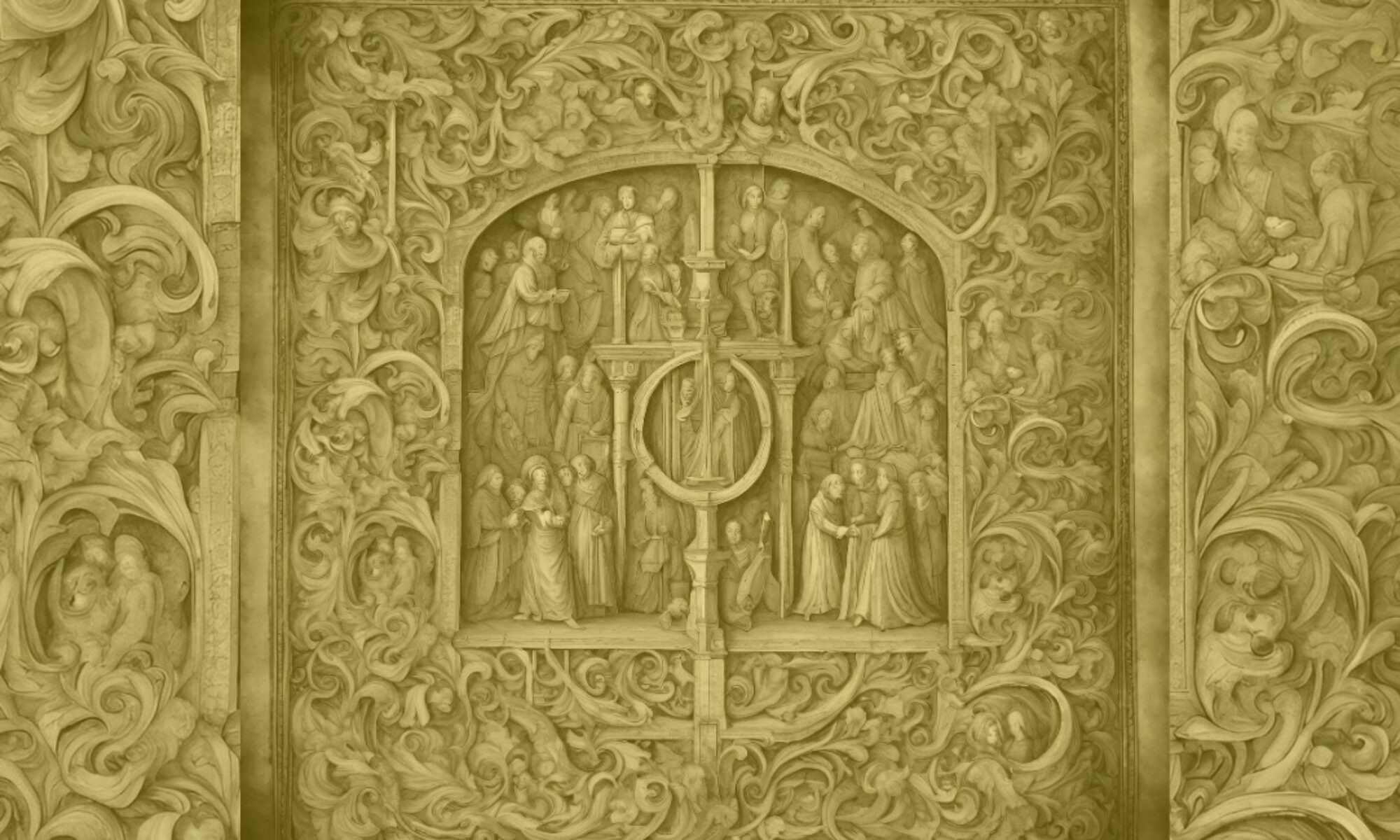Raïna’s talk is called “Unlearning Not to Speak: The Interconnectedness of Women’s Rights and Earth Rights”

To understand the destiny of women is to understand the destiny of the planet. They are the same. They have both suffered from acts of violence and terrorism. When a woman becomes responsible to her Self, to her body, she becomes responsible to the world around her. The role of woman as agent of her fate, not only victim of her destiny, is linked to the destiny of her community and to the earth herself.
There is a long tradition of the Sybil going back to the Oracle of Delphi, where women act as priestesses of Hestia, of Artemis, when they speak on behalf of the Earth, speaking mostly in warnings about the lack of self-regulation and the catastrophic repercussions for our planet, about women’s social and political identity in such a context. Never more relevant in today’s climate, in the United States in particular, where women are still fighting for rights over their own bodies. They carry the fire of the goddess, because the earth is on fire. They carry the warrior instinct of Artemis, because wild things need to be protected from our insatiable predatory consumption. They have left the hearth because it has died from lack of tending and now they must carry the fire within themselves, re-animate the center of home from a feminine perspective.
About Raïna
Dr. Raïna Manuel-Paris has a multicultural background, born of a French father and a Dominican mother. She was raised in France and England until her early 20’s then moved to the United States. She holds a PhD in Mythological Studies with emphasis in Depth Psychology from Pacifica Graduate Institute and a Masters Degree in Film from Columbia. She taught Magic and Ritual and Myth and Symbol for 17 years at the Art Institute in Santa Monica. She is also a documentary filmmaker.
She is adjunct faculty at PGI and taught at the Relativity Studio School in downtown Los Angeles. She currently teaches online courses, lectures, and gives seminars at the Philosophical Research Society, PRS.org. Her book The Mother-to-be’s Dream Book was published by Warner Books in 2002. She is also a published poet at Raven Books and various publications. Her documentary The Bridges of My Father was selected for the short film corner at the Cannes Film Festival in 2009. She has written for Psychological Perspectives, the journal of Jungian thought, and for the Joseph Campbell Foundation MythBlast series. She is part of the Joseph Campbell Writers Room, and has lectured for the Joseph Campbell Roundtable, most memorably in a lecture hall that burned down two days later in the Thomas Fire.
Currently Raïna works with both individuals in a mentorship program, and with groups in a process she calls The Cradle and the Crown, assisting men and women in coming to alignment in body, mind, and soul, developing deep aliveness as well as careful listening to the whisperings of their soul’s desire. This work was birthed as a result of her own explorations with the unconscious, plant medicine, and natural horsemanship. Her latest work is a novel/fairy tale, Arabella and the Wise Women, soon to be published. Her work with students, including many veterans, always emphasizes the ways in which one can hold the tension between the inner world and the outer world in a way that engages curiosity and compassion. For more details on current seminars and lectures please see her website at www.rainamparis.com.


